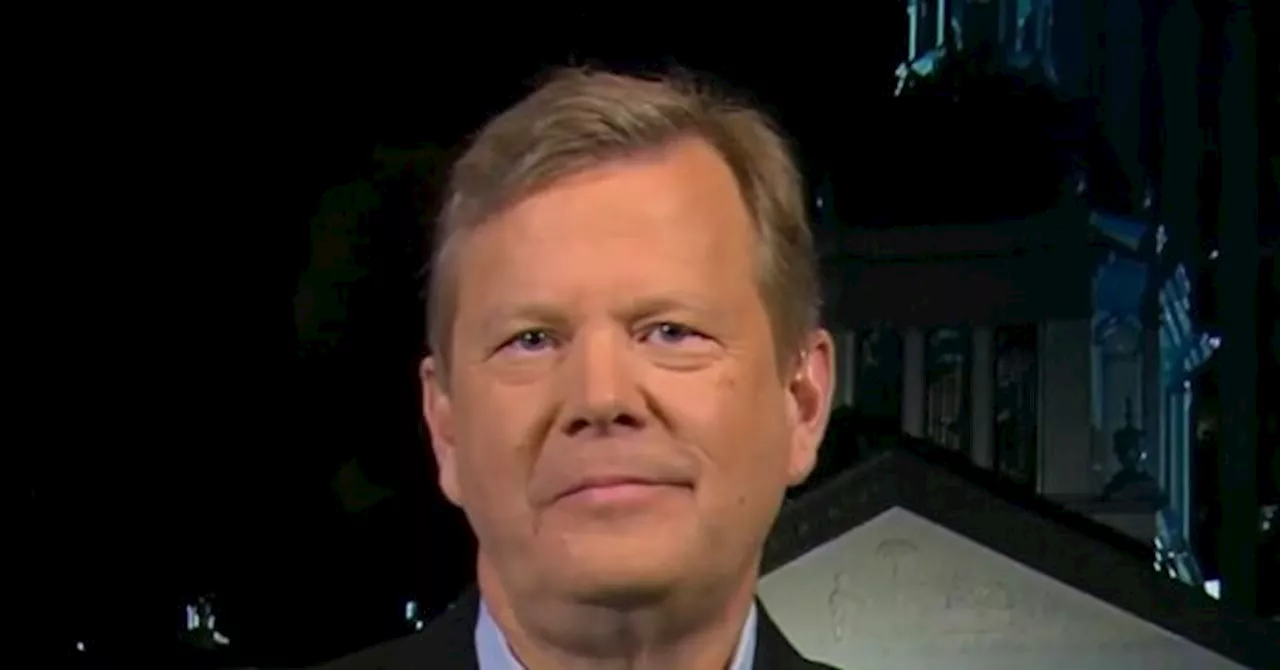A conversation with author and life coach Hailey Magee on breaking out of bad habits.
There’s a fine line between pitching in to help your team and taking on too much at the expense of your mental health and performance. Author and coachwalks us through why some of us fall into people-pleasing patterns, the negative impact it can have on our careers, and how to stop. She also offers advice for managers on how to help employees identify and break out of these bad habits.
When we’re people pleasing, our insides don’t match our outsides. So when we’re being kind and we do a favor for someone, we might help them out with a task or support them in some way and we do it because we want to, we feel good about it and it aligns with our values. But when we’re giving through the lens of people pleasing, outside we may seem easy going or happy or flexible, but inside we usually feel resentful or overwhelmed or overworked.
HAILEY MAGEE: So there are a couple of different ways that people pleasing shows up in the workplace. And in many ways it’s unique because to some extent we all sometimes sacrifice some degree of our own full authenticity in order to work, because we sort of have to meet the demands and expectations of a workplace.
ALISON BEARD: I can see that there would be negative consequences for the individual to doing this, for the person who’s doing it, but part of the issue is the fact that oftentimes it benefits the team and the organization. How do you as the employee, as the people pleaser, try to break this cycle when your team or your organization might want you to keep doing it?
So what happened was when her employees underperformed, instead of giving clear feedback, she often just picked up the slack on their behalf and overworked for them. So over time, what happened was that the work did technically get done, but it was at her own expense. And unfortunately, what also happened then was that she was subtly enabling her employees underperformance by not being willing to have the hard conversation with them.
So they may try to need less, they may try to have more balance outside of work and all of these things. But sometimes at a certain point, what people pleasers have to reckon with is the fact that something does actually materially need to shift in the dynamics of the workplace in order for their needs to be met.
So we sort of have to fundamentally start from the ground up. And the reason I recommend starting with feelings and needs is because for many of us, they’re the most simple and embodied place to begin. And then once we go through that process of getting clarity within ourselves about what we need and feel, we can then take that information and figure out how to convey that properly and palatably by making requests and setting boundaries.
ALISON BEARD: Let me ask though about saying no to assignments, for example. We just did an interview on the show with Bonnie Hammer, who’s a vice chair of NBC Universal, she’s worked her way up through the industry, and her message to particularly young people in the workplace is you’ve got to do any job they ask you to, and you should do it with a smile because that’s the way you get people to like you, you get people to trust you, you get them to give you better assignments in the future.
ALISON BEARD: It also reminds me of Adam Grant at Wharton’s Research on giving and taking. He makes the point that no one likes a taker in the office, someone who’s only out for themselves and is never helping, and there are actually great benefits to being a giver, a collaborator, someone who does volunteer for work that others might want to take on. But there’s a fine line there. You can’t be giving all the time.
HAILEY MAGEE: So I think this question really brings us back to this conversation about our values. When I’m working with people pleasers who have such a history of defining themselves based on externalities, coming home to the values that we most wish to embody is one of the most profound things we can do to regain a sense of connection with ourselves and also to orient our difficult decisions based on us, based on these intrinsic motivations.
I think of one client in particular. She came to me when she was really at a breaking point because all of her efforts to over give, especially in her marriage and in the workplace, had resulted in her just being so utterly burnt out that she felt she barely had the energy to take care of herself, much less do anything else.
And what often happens in some workplaces is that the workplace is not willing to materially change to accommodate you and what your needs are, whether that’s needs for greater balance, more rest, and a more fairly distributed workload. And what I like to remind my clients is that a relationship, whether this is interpersonal or a working relationship that only functions when you abandon yourself was ultimately never a healthy or aligned fit for you.
ALISON BEARD: And so what’s your advice to a boss who maybe suspects that some of the people on their team are people pleasers and might benefit from it, might not know how to change it? What’s the case for them to reach out and how might they help the person shift? ALISON BEARD: I think in reading your book, I discovered that I’m really not much of a people pleaser. I sort of know who I am and what I need and where I need balance. And a great example I think that I’ve shared with other working moms is that I often, when I meet a new boss, I just sort of announce really upfront like, “Hey, I’m a mom of two kids. It’s one of the most important things of my life and so that balance is going to be really important for me.
HAILEY MAGEE: Yeah, and I think it’s just such a great opportunity to be clear and forthright right away so that these hard conversations don’t sneak up and become these big unaddressed resentments or difficulties down the road. So it’s clarifying for both parties.
United States Latest News, United States Headlines
Similar News:You can also read news stories similar to this one that we have collected from other news sources.
 Suspect on the run after stealing vehicle, holding 3 people at gunpoint in Park Ridge: policeA search is underway for a suspect who stole a vehicle in Park Ridge and held three people at gunpoint, including a child.
Suspect on the run after stealing vehicle, holding 3 people at gunpoint in Park Ridge: policeA search is underway for a suspect who stole a vehicle in Park Ridge and held three people at gunpoint, including a child.
Read more »
 The Playbook For Getting 'Big Ideas' People And 'Requirements' People To Innovate TogetherBran Ferren is the cofounder and CEO of Applied Minds, which delivers innovation through technology, design and engineering. Read Bran Ferren's full executive profile here.
The Playbook For Getting 'Big Ideas' People And 'Requirements' People To Innovate TogetherBran Ferren is the cofounder and CEO of Applied Minds, which delivers innovation through technology, design and engineering. Read Bran Ferren's full executive profile here.
Read more »
 Schweizer: Biden Protecting Those People Who Sent Him Money, Rather than Protecting the American PeopleSource of breaking news and analysis, insightful commentary and original reporting, curated and written specifically for the new generation of independent and conservative thinkers.
Schweizer: Biden Protecting Those People Who Sent Him Money, Rather than Protecting the American PeopleSource of breaking news and analysis, insightful commentary and original reporting, curated and written specifically for the new generation of independent and conservative thinkers.
Read more »
 Some black people on social media are mad that white people have off for JuneteenthJuneteenth is supposed to be a joyous occasion that is set aside as a federal holiday to commemorate the end of the institution of slavery in the United States.
Some black people on social media are mad that white people have off for JuneteenthJuneteenth is supposed to be a joyous occasion that is set aside as a federal holiday to commemorate the end of the institution of slavery in the United States.
Read more »
 Poor People Who Dated Rich People Share Their Stories'There's this weird internal community of people with money and power, who are willing to make things happen as long as you're in. It's like the other side of the 'it's expensive being poor' concept.'
Poor People Who Dated Rich People Share Their Stories'There's this weird internal community of people with money and power, who are willing to make things happen as long as you're in. It's like the other side of the 'it's expensive being poor' concept.'
Read more »
 Sabrina Carpenter's Makeup-Free Vacation Look Is so Please, Please, PleasingSabrina Carpenter's vacation photos are envy-inducing as the singer takes a well-earned break before her tour.
Sabrina Carpenter's Makeup-Free Vacation Look Is so Please, Please, PleasingSabrina Carpenter's vacation photos are envy-inducing as the singer takes a well-earned break before her tour.
Read more »
